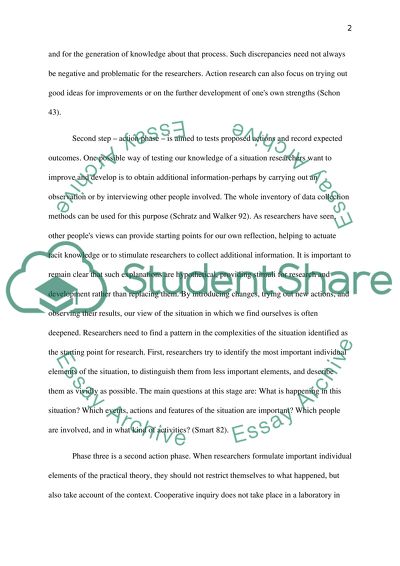Cite this document
(“Cooperate Inquiry Essay Example | Topics and Well Written Essays - 1000 words”, n.d.)
Retrieved from https://studentshare.org/miscellaneous/1503083-cooperate-inquiry
Retrieved from https://studentshare.org/miscellaneous/1503083-cooperate-inquiry
(Cooperate Inquiry Essay Example | Topics and Well Written Essays - 1000 Words)
https://studentshare.org/miscellaneous/1503083-cooperate-inquiry.
https://studentshare.org/miscellaneous/1503083-cooperate-inquiry.
“Cooperate Inquiry Essay Example | Topics and Well Written Essays - 1000 Words”, n.d. https://studentshare.org/miscellaneous/1503083-cooperate-inquiry.


